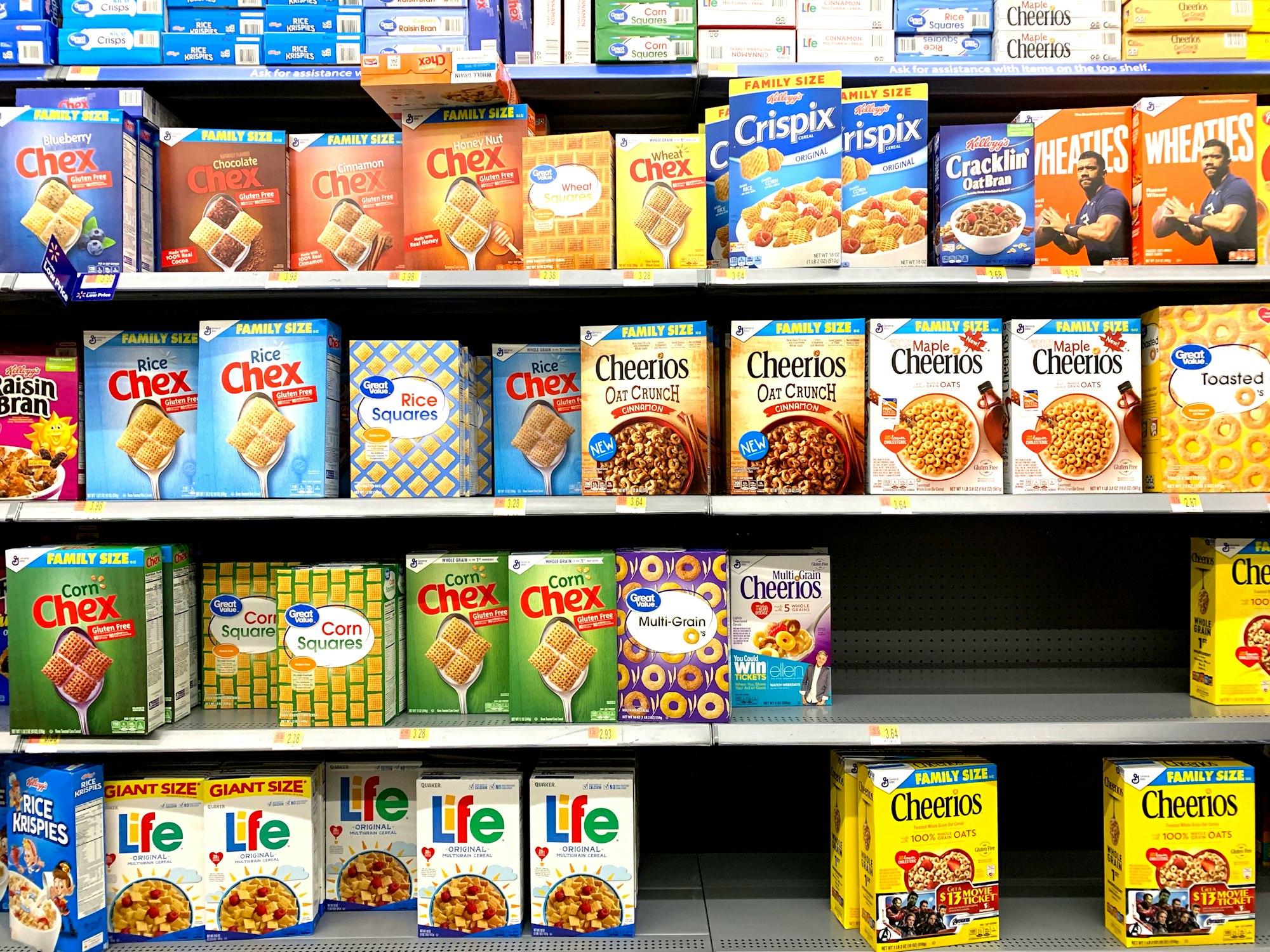Kraft Heinz and General Mills Commit to Phasing Out Artificial Flavors in U.S.
Food Giants Respond to Consumer Demand and Regulatory Pressure, Targeting Natural Ingredients for Healthier Offerings CHICAGO, Ill. — In a significant move toward healthier food options, Kraft Heinz and General Mills announced on June 17, 2025, that they will eliminate artificial flavors from their U.S. product portfolios by the end
Food Giants Respond to Consumer Demand and Regulatory Pressure, Targeting Natural Ingredients for Healthier Offerings
CHICAGO, Ill. — In a significant move toward healthier food options, Kraft Heinz and General Mills announced on June 17, 2025, that they will eliminate artificial flavors from their U.S. product portfolios by the end of 2027. The decision aligns with growing consumer demand for cleaner ingredients and follows pressure from federal regulators, including Health and Human Services Secretary Robert F. Kennedy Jr., as part of the “Make America Healthy Again” initiative.
Kraft Heinz, known for brands like Kraft Mac & Cheese, Heinz Ketchup, Jell-O, and Kool-Aid, stated that it has already reformulated over 1,000 products in the past five years to improve nutritional value. The company previously removed artificial flavors, colors, and preservatives from its iconic Kraft Mac & Cheese in 2016, using natural alternatives like paprika and turmeric to maintain its signature hue. “As a food company with a 150+ year heritage, we are continuously evolving our recipes to deliver superiority to consumers,” said Pedro Navio, Kraft Heinz’s North America president, in a press release. He noted that nearly 90% of their U.S. products by sales are already free of artificial flavors, with the remaining 10%—primarily beverages and desserts like Crystal Light and Jet-Puffed marshmallows—targeted for reformulation by 2027.
🚨 JUST IN: General Mills announces they will be removing artificial colors from their ENTIRE U.S. product line, following RFK Jr’s directives
— Nick Sortor (@nicksortor) June 18, 2025
This comes just HOURS after Kraft Heinz announced they’d also be removing theirs.
MAHA is spreading QUICKLY! 🔥 pic.twitter.com/0ePARuBLw1
General Mills, the maker of Cheerios, Trix, Lucky Charms, and other brands like Pillsbury and Yoplait, echoed the commitment, announcing plans to remove artificial flavors from its U.S. cereals and K-12 school foods by summer 2026, with its entire retail portfolio following by the end of 2027. The company stated that 85% of its U.S. retail products and nearly all school offerings are already free of artificial flavors. “Across our long arc of history, General Mills has moved quickly to meet evolving consumer needs, and reformulating our portfolio is yet another example,” said CEO Jeff Harmening. This marks General Mills’ second attempt to phase out artificial ingredients, following a 2015 effort with Trix cereal that was reversed in 2017 due to consumer preference for brighter, artificial flavors. Advances in natural flavor technology have bolstered the company’s confidence in meeting consumer expectations this time.
The announcements come amid heightened scrutiny of artificial food additives, driven by concerns over potential health impacts, including behavioral issues in children and links to chronic diseases. In April 2025, the FDA outlined plans to work with the food industry to voluntarily phase out synthetic additives, including artificial flavors, by the end of 2026. Health Secretary Kennedy has been a vocal advocate, meeting with executives from Kraft Heinz, General Mills, PepsiCo, and others in March to push for reformulation. Kennedy praised the companies’ commitments on X, stating, “This voluntary step proves that when the government sets clear, science-based standards, the food industry listens and acts.”
BREAKING: General Mills agrees to remove artificial dyes from its products following my investigation into the company for deceptively marketing its cereals that contain petroleum-based food colorings.
— Attorney General Ken Paxton (@KenPaxtonTX) June 18, 2025
This is an incredible win for the health of our children and all Americans. pic.twitter.com/d2fZq0d2Gl
Kraft Heinz and General Mills are adopting a multi-pronged approach to replace artificial flavors, either removing them where unnecessary, substituting with natural alternatives like fruit extracts or spices, or developing new formulations to maintain taste and appeal. However, challenges remain, as natural flavors can be costlier and harder to source in large quantities, potentially impacting product appearance and shelf life.
The move follows similar pledges by other food giants, including PepsiCo and Tyson Foods, and aligns with state-level regulations, such as California’s 2023 ban on certain artificial additives and West Virginia’s legislation targeting school nutrition programs. Consumer sentiment on X reflects enthusiasm for the changes, with users calling it a “win” for healthier eating, though some expressed skepticism about the timeline and potential cost increases.
Both companies emphasized their commitment to affordable, great-tasting food. Kraft Heinz has also ceased launching new U.S. products with artificial flavors, effective immediately, and is collaborating with brand licensees to follow suit. As the food industry navigates this transition, analysts anticipate further reformulations across the sector, potentially reshaping consumer packaged goods in response to evolving health priorities.




